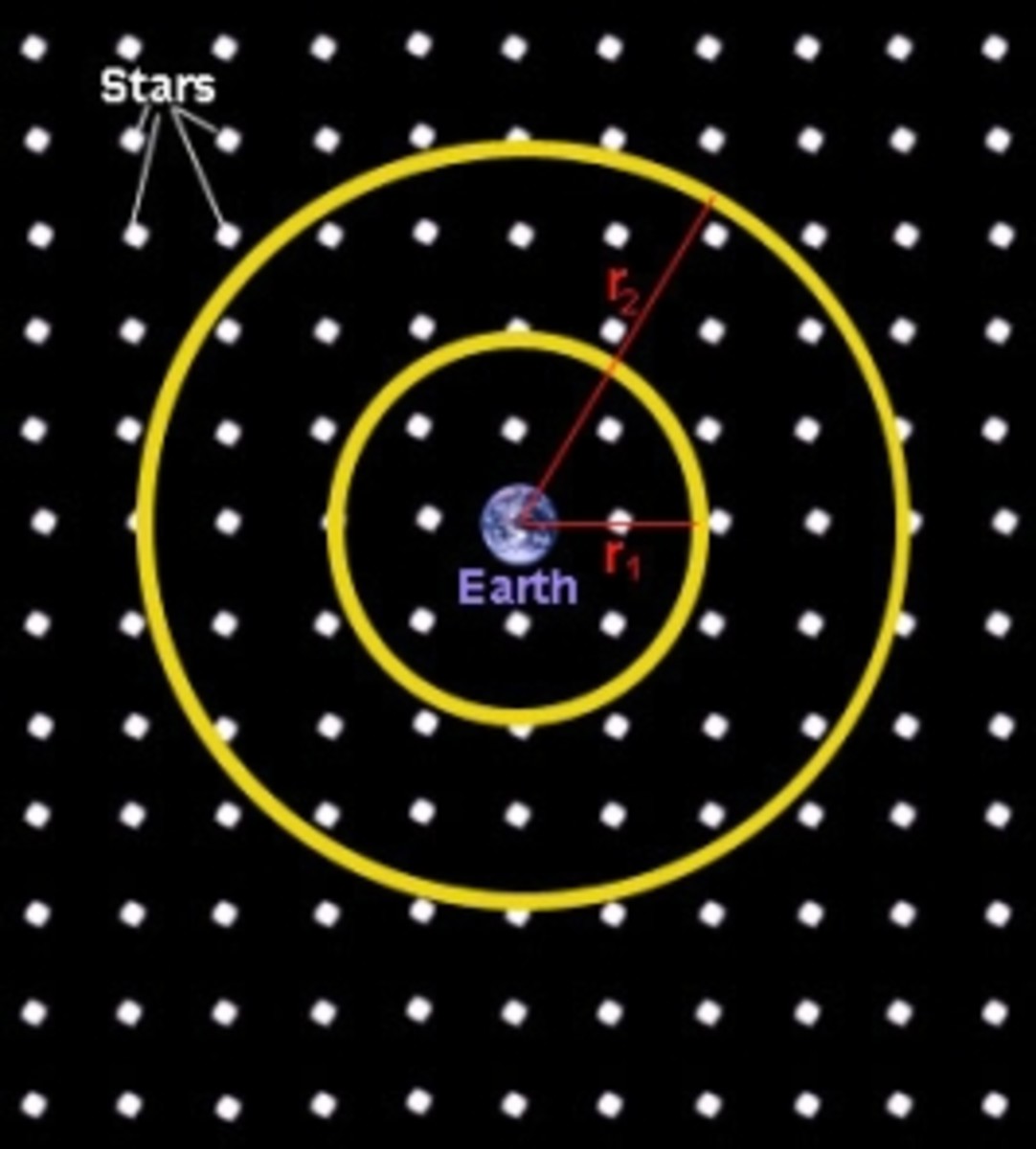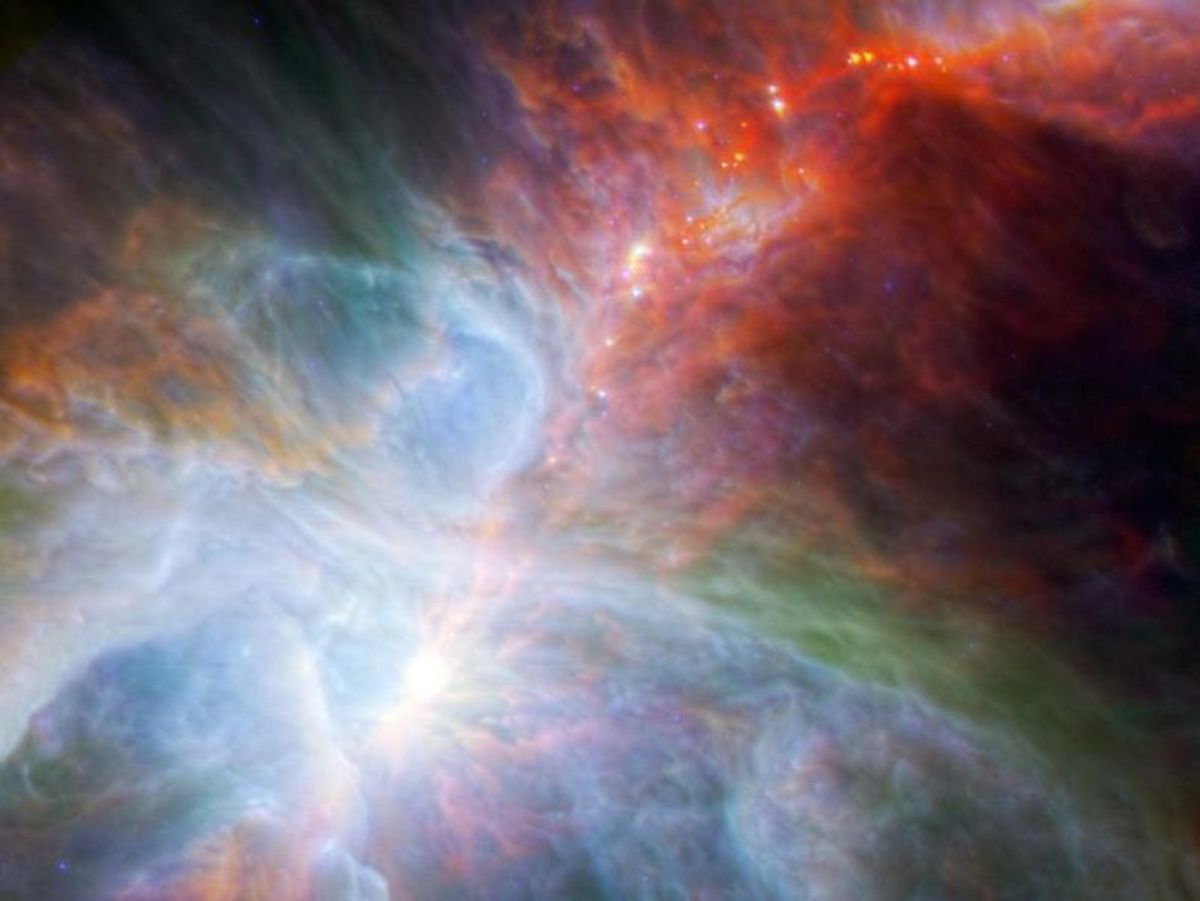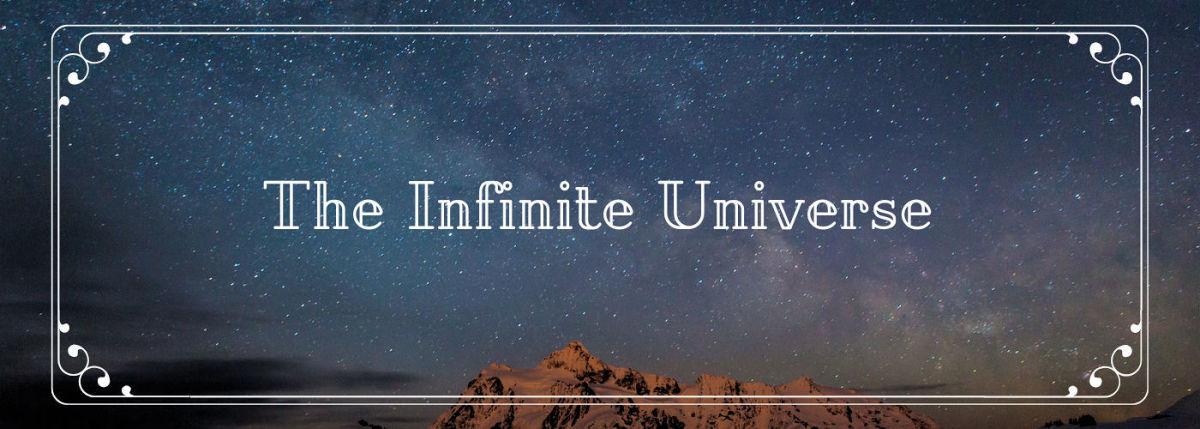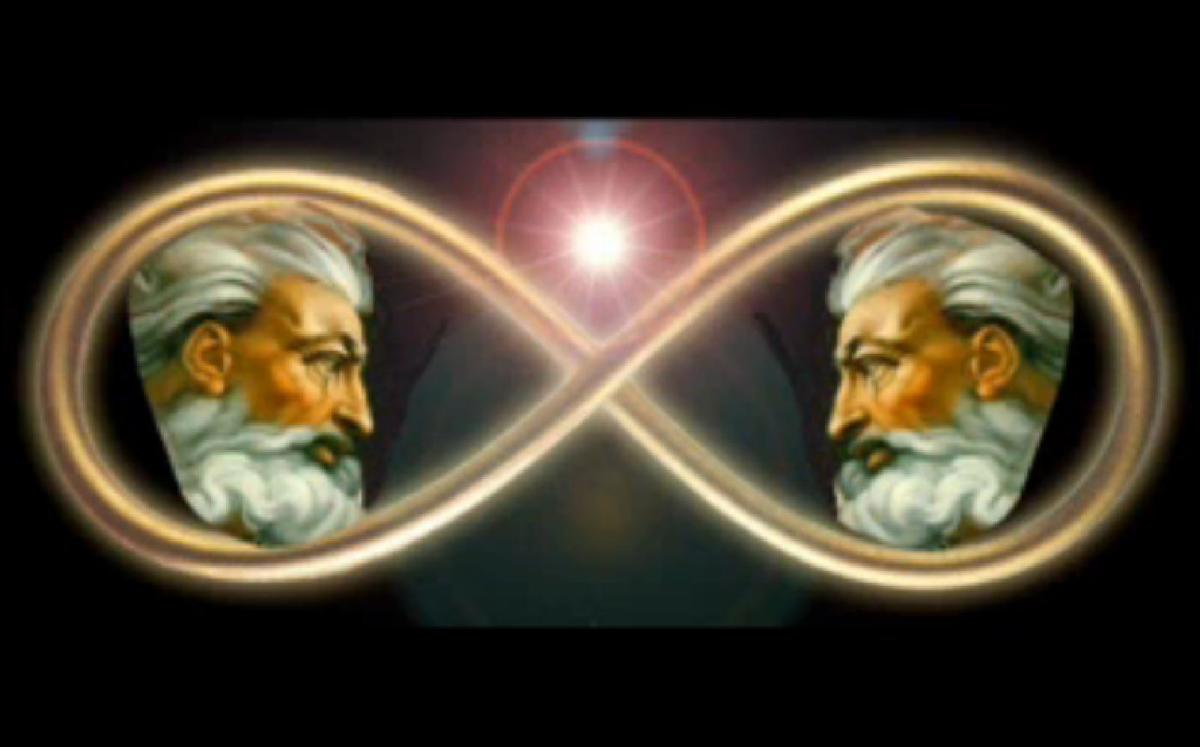Creationism versus Naturalism. Where is the Logic?

How did our universe come into existence? There are plenty of theories, and numerous opinions. Many people do not think the question is important; others will spend hours upon hours debating over the subject. We need to ask ourselves does the beginning of the universe matter. Do we really need to grasp at straws to try to understand something that occurred so many years before our existence?
Like most controversial topics I believe it deserves some pondering. There are two main arguments for the beginning of the universe, it was created, or it was not created. Sounds simple enough but questioning either theory can spark a heated argument amongst individuals. I want to examine both possibilities.
Creationism
I have heard many people say that the creationist theory to the start of the universe is illogical and naïve. I have also heard people say the complete opposite. The best argument for this theory on the start of the Universe I have seen was presented by William Lane Craig in his book On Guard. It is an argument originally designed by a Muslim philosopher in the twelfth century Al- Ghazali. It is in the form of a three point syllogism. There are two premises, if both premises are accepted then the third point, the conclusion must logically follow. Here are the premises:
1) Everything that begins to exist has a cause.
2) The Universe began to exist.
3) Therefore the Universe had a cause.
This is a sound logical argument. Looking at the two premises there may be some opposition. I have heard people say that not everything needs a cause, for example some atoms just start to exist without reason. The problem with that reasoning is the fact that cause and reason are being used interchangeably. There may not be a reason we can think of for something to exist, but if began existing there is cause for its existence. For example if you were to find a hunk of ice in the summer you would assume it had somehow been exposed to very cold temperatures to cause it to freeze. Ice would not just come into existence on its own during the summer. It is implausible to think of anything that has begun to exist without cause. If you can think of something that could begin existing without cause I would like to know what it is, so comment below.
The second premise is even more ridiculous to reject. This would mean saying that the universe did not begin to exist. This would imply that the universe has been here for an infinite amount of time. This is an insane thought seeing as infinity is concept that simply cannot be applied to reality in this manner. Think about it, if the Universe has been around forever then that means it would take an infinite amount of time to reach this point in time. If it takes an infinite amount of time to reach this point, this point in time could not logically ever arrive. There would have had to be infinite time, and infinite events that happened before the present would occur. That is impossible! The thing about infinity is that it is just a concept for a really large number that cannot be calculated. It is not an actual number; it cannot apply to something finite such as time.
Both premises are valid and sound, everything that begins to exist has a cause, the universe began to exist therefore the universe had a cause. Sweet and simple logic.
Craig doesn’t stop there, he continues into a second argument to back up the creationist theory in the same format. (Craig, 111)
1) The fine- tuning of the Universe is due to physical necessity, chance or design.
2) It is not due to physical necessity or chance.
3) Therefore, it is due to design.
The first premise is pretty airtight. The second one can be questioned to a certain degree. Why couldn’t the Universe be fine-tuned by necessity? Well because that seems improbable. Our Universe simply has to exist exactly as it is for some unknown reason, this is not a very well supported viewpoint, nor have I ever met anybody who supported it. M-Theory has predicted a range of possible universes (10 to the power of 500) and almost all of them would not permit life. If anything it seems more likely for life prohibiting Universes to exist than fine-tuned Universes. The other option is chance, which would mean if there are enough Universes eventually one would allow for life. The problem is this is so highly improbable it is almost inconceivable. The chances of any universe existing is slim; on top of that the chance of that universe being life permitting is even slimmer. Finally the chances of that Universe having life on it is slim to none. Chance cannot account for all the improbabilities associated with our Universe.
That leaves us with the third premise. Therefore, it is due to design. This is another logically sound argument.
These arguments for creation are very convincing and derived from cold, hard logic. The beauty of logic is that it is unbiased and if the premises are accepted the conclusion must be accepted.
Naturalism
This viewpoint maintains that the Universe was not designed and came into existence on its own. Or it was created by a multiverse generator. Which leads me to ask where this multiverse generator came from. People may ask the same question of the concept of a designer. Where did the designer come from? Well this designer would be God, and God necessarily exists for eternity. Note that eternity is very different from infinity. The designer must have existed before time and space since He created both. He existed before there was space or matter so he must be immaterial. This concept of God, means that He always existed even before the concept of time. (On a side note I must include that by saying He I do not mean a God that has male primary and secondary sex characteristics, I am simply referring to the Judeo-Christian God Yahweh).
Continuing on I fail to see the logic in the other approach to the start of the Universe. The Universe just started to exist without cause. Whether it is by chance or as many Atheists claim through the Big Bang. The problem with this idea is that the Big Bang implies the Universe had a beginning, and that something started this Big Bang. The Big Bang is a theory that basically says the Universe is expanding and as it does so the space between galaxies is increasing. The most important thing is to realize that the Universe is expanding into previously non existent space. Looking backwards with the Big Bang theory implies that at some point the galaxies were very close together as the Universe is expanding outwards. Eventually there would be no space at all; this would the beginning that the Big Bang implies. This would be the beginning of space and the beginning of time. The obvious question that comes next is why did space and time begin to exist at this point? Did they just come out of nothing?
What is nothing? Nothing is the complete lack of anything, even space. Nothing would imply there are no gases, particles, matter or anything else seeing as nothing could exist where there is no space. How could everything come from nothing? This rejects any form of logic. The other option is that the Universe caused its own existence. This would be a circular fallacy; the Universe could not create itself as it would have had to exist prior to existing to create itself. Again this is an illogical premise.
I tried searching for logical causes to the beginning of the Universe online. I was overwhelmed by the number of results naming God as the logical conclusion, and the complete lack of anything saying otherwise. I am not trying to sound insulting I mean I honestly found nothing! This article was supposed to lay out two syllogisms for creationism, followed by two syllogisms for naturalism. Then I intended to compare the logical arguments, the problem was that naturalism does not have a logical argument for the start of the Universe.
That leaves us with only two options; the Universe was uncaused, which does not fall in line with anything observed by science. Or it had a cause. If it had a cause the cause must be outside of time and space in order to create the beginning of time and space, also known as the Big Bang. This would be a cause outside time and space that fine-tuned our Universe in order to support life. This sounds an awful lot like God.
At this point we need to take a step back from our pre-existing notions and beliefs and think about which worldview satisfies the demands of logic.
Citations
Craig, Willaim. On Guard. USA: David C. Cook, 2010.








